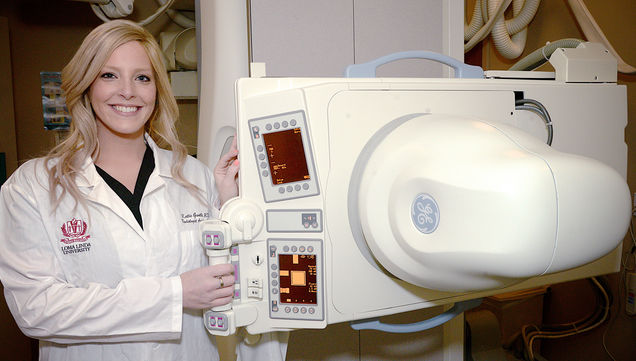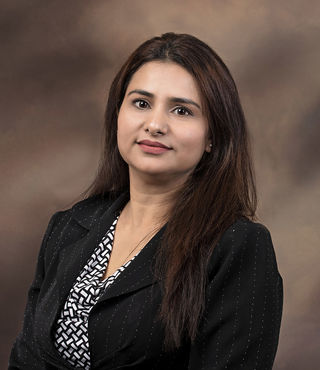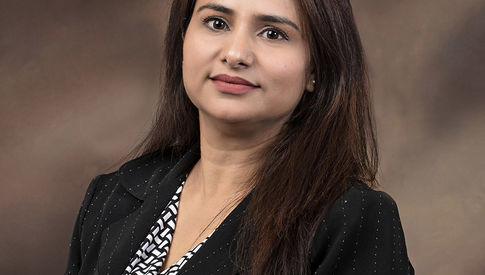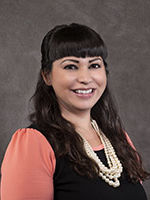

Advance Your Career
Become a Radiologist Assistant
Radiologist assistants are experienced, registered radiologic technologists who have completed education and certification that qualifies them to serve as an extension to a radiologist.


Radiologist assistants are experienced, registered radiologic technologists who have completed education and certification that qualifies them to serve as an extension to a radiologist.
Patient need for medical imaging is increasing at a rapid pace, and radiology departments are struggling to meet the demand. In order to provide better patient care and efficiency, imaging departments are turning to registered radiologist assistants (R.R.A.s) to help meet the needs of patients and provide some relief to radiologists’ workloads.
R.R.A.s are vital team-members in the medical field, functioning as extensions of radiologists and carrying out procedures under their indirect supervision. Duties may include patient assessment and management, and performing clinical exams as needed. A career as an R.R.A. is fulfilling and will allow you to continue to grow and progress in your profession.


”LLU is the only university in California to offer a Radiologist Assistant (RA) program. The program is well organized with clinical and didactic education. I feel like the RA program fully prepares you for a good career opportunity.”
Our program is nationally recognized by the ARRT, the American Registry of Radiologic Technologists,1255 Northland Drive, St. Paul, MN 55120-1155. Visit ARRT for more information.
Loma Linda University is only authorized to offer distance (online) education in certain states. If you legally reside in one of the states that we are not authorized in, you will be unable to apply to the program.
This is a University policy and we are unable to make any exceptions. Please email the program director if you have specific questions regarding this issue.
To view a map of states we are authorized in: LLU State Authorization Info.
You must have a Bachelor’s degree from an accredited institution. The Bachelor’s degree can be in Administration or Science (does not have to be Radiology related). The degree must be posted, and the official transcript received, in order for the student to begin coursework in the fall quarter.
Applications are completed online, during January 1st – June 1st of each calendar year. The program begins in late September each calendar year.
Financial Information - tuition rates
Program Financial Summary - specific to RA program
Students are charged tuition for all academic and clinical courses. School fees, travel expenses, and book fees are extra and the student’s responsibility. Required certification workshops/courses are not part of the tuition fees for the program.
Complete your FAFSA early as the deadline for many loan applications is February or March. You may begin the loan application process before you have been accepted into the program.
For more information contact Financial aid.
Radiologist Assistant Masters Degree Program Brochure
University Catalog - Radiation Technology Programs
Use the Mentoring Radiologist's Responsibilities file when speaking with a potential radiologist mentor about what is required during the program.
For an extensive list of FAQs via the ARRT- including exam content specifications, entry-level job functions, and many other items please visit ARRT FAQ Page.
For career and legislation information via the ASRT please visit ASRT RA Page.
AHCJ 402 Pathology I (4)
AHCJ 403 Pathology II (3)
AHCJ 566 Theoretical Foundations of Leadership (3)
RELE 524 Bioethics and Society (3)
RELT 423 Loma Linda Perspectives (2)
RTRA 510, 511 Cross-Sectional Anatomy I & II (1, 1)
RTRA 518 Radiobiology & Health Physics (2)
RTRA 519 Medical Legal Issues in Radiology (1)
RTRA 521, 522, 523, 524 Radiology Procedures and Image Evaluation I, II, III, IV (3, 3, 3, 3)
RTRA 525 Fluoroscopy and Protection (1)
RTRA 526 Radiology Reporting (1)
RTRA 531, 532 Pharmacology for Radiologist Assistants I & II (2, 2)
RTRA 534 Pathophysiology (2)
RTRA 541, 542 Patient Assessment I & II (2, 2)
RTRA 543 Clinical Management and Education (2)
RTRA 546 Topics for the Radiologist Assistant (2)
RTRA 588, 589 Comprehensive Review I & II (1, 1)
RTRA 614 Professional Portfolio (1)
RTRA 771 Clinical Internship I (1)
RTRA 772 Clinical Internship II (1)
RTRA 773 Clinical Internship III (2)
RTRA 774 Clinical Internship IV (3)
RTRA 775 Clinical Internship V (2)
RTRA 776, 777 Clinical Internship VI, VII (2, 2)
RTRS 621 Capstone I (3)
RTRS 622 Capstone II (3)
Students must meet specific health requirements prior to enrolling in classes. All vaccination policies are developed in accordance with current guidelines from the Centers for Disease Control (CDC). For more information regarding pre-admission health requirements including a list of required vaccinations, please visit our Student Health page for more information.
Loma Linda University has certain policies and standards for all students who attend the University. We encourage all prospective applicants to review these standards as printed in the Student Handbook.
